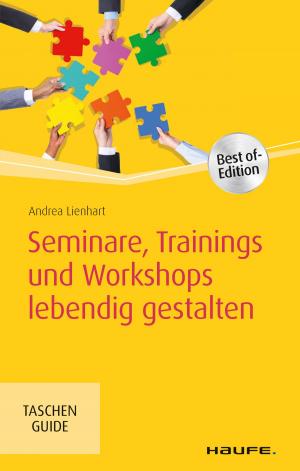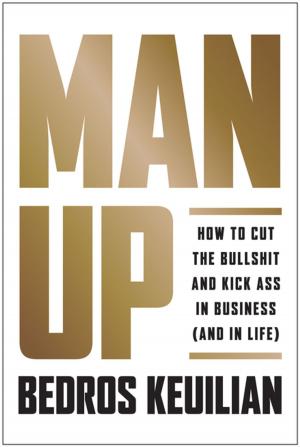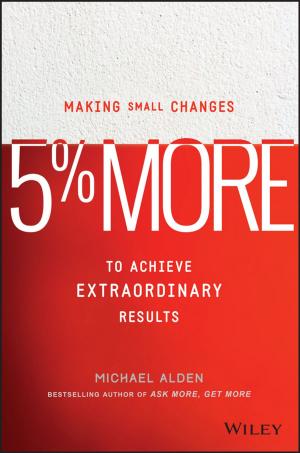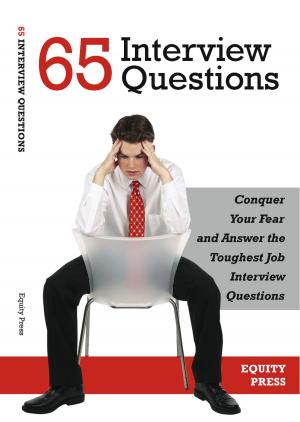Quick Guide IV: A Scorecard that Accounts for Mindfulness in Business
Business & Finance, Management & Leadership, Management, Human Resources & Personnel Management, Career Planning & Job Hunting| Author: | Paul C Burr | ISBN: | 9781301327973 |
| Publisher: | Paul C Burr | Publication: | July 12, 2013 |
| Imprint: | Smashwords Edition | Language: | English |
| Author: | Paul C Burr |
| ISBN: | 9781301327973 |
| Publisher: | Paul C Burr |
| Publication: | July 12, 2013 |
| Imprint: | Smashwords Edition |
| Language: | English |
When I first ‘pieced together’ the Mindfulness Scorecard, I called it, “The Dashboard for Success”. I did so because it illustrates the metaphorical ‘jigsaw pieces’ required to succeed where most people do not; ‘the what and how’ top performers differentiate themselves from moderate performers; the ‘what and the how’ of what top performers do to feel good which ‘moderates’ find less easy to do.
You (by ‘you’ I mean you, me, us, we, your team or your organisation) achieve results through superior business relationships. You forge these relationships through what you do and say - and the skills and character with which you execute what you do and say. The quality of what you do and say is a function of how good you feel about yourself (self image) and what you’re doing, what’s important to you (your values), your intentions, your sense of identity and your sense of purpose.
Perhaps more than what you say and do, it’s how you come across to others that matters most. Your character, shaped by your beliefs, intentions and self image, defines how others relate to you and respond. The Mindfulness Scorecard accounts for your traits and characteristics - to help you guide yourself to winning ways with those whom you wish to influence with integrity.
Healthy self-image: when you feel good about yourself and what you’re doing, you will ‘go the extra mile’ to forge key business relationships you need, in order to succeed. You demonstrate passion and enthusiasm. You create the environment and shape the ‘human context’ (i.e. the governing values and beliefs of stakeholders) to succeed.
When you feel not good, you may find yourself giving ‘second best’ to these relationships; you undervalue yourself and what you have to offer. You need to be mindful; be who and do what you need to feel good.
Top performers (whether they’re executives, managers or professionals) are very, very mindful about the results and outcomes they wish to achieve. They visualise the picture, hear the sounds and/or sit in the feeling of success before it happens. They know intimately where they are (the present moment) and where they want to be (a future moment) - yet not necessarily how they will bridge the gap between these two.
(Author’s note: moderate performers don’t find it as easy as top performers to imagine success.)
These two respective sets (of imagery, sounds and feelings), of the ‘now’ and the ‘future’, are all top performers require initially to invoke the Law of Business Attraction - see chapter of the same name in Quick Guide II: How to Spot, Mimic and Become a Top Salesperson.
As you read this guide you will discover why feeling good is paramount - and how to feel better, if not good, about the most challenging people and situations you face - including yourself. And once you are mindful - you are better positioned to start and remain feeling good! I intend to write more on this latter subject, staying mindful, in my next Quick Guide.
A good place to start, to determine what success means to you, is to bring into focus what’s important to you. When you place all the things that are important to you in priority of order, you have fleshed out your Hierarchy of Values.
When I first ‘pieced together’ the Mindfulness Scorecard, I called it, “The Dashboard for Success”. I did so because it illustrates the metaphorical ‘jigsaw pieces’ required to succeed where most people do not; ‘the what and how’ top performers differentiate themselves from moderate performers; the ‘what and the how’ of what top performers do to feel good which ‘moderates’ find less easy to do.
You (by ‘you’ I mean you, me, us, we, your team or your organisation) achieve results through superior business relationships. You forge these relationships through what you do and say - and the skills and character with which you execute what you do and say. The quality of what you do and say is a function of how good you feel about yourself (self image) and what you’re doing, what’s important to you (your values), your intentions, your sense of identity and your sense of purpose.
Perhaps more than what you say and do, it’s how you come across to others that matters most. Your character, shaped by your beliefs, intentions and self image, defines how others relate to you and respond. The Mindfulness Scorecard accounts for your traits and characteristics - to help you guide yourself to winning ways with those whom you wish to influence with integrity.
Healthy self-image: when you feel good about yourself and what you’re doing, you will ‘go the extra mile’ to forge key business relationships you need, in order to succeed. You demonstrate passion and enthusiasm. You create the environment and shape the ‘human context’ (i.e. the governing values and beliefs of stakeholders) to succeed.
When you feel not good, you may find yourself giving ‘second best’ to these relationships; you undervalue yourself and what you have to offer. You need to be mindful; be who and do what you need to feel good.
Top performers (whether they’re executives, managers or professionals) are very, very mindful about the results and outcomes they wish to achieve. They visualise the picture, hear the sounds and/or sit in the feeling of success before it happens. They know intimately where they are (the present moment) and where they want to be (a future moment) - yet not necessarily how they will bridge the gap between these two.
(Author’s note: moderate performers don’t find it as easy as top performers to imagine success.)
These two respective sets (of imagery, sounds and feelings), of the ‘now’ and the ‘future’, are all top performers require initially to invoke the Law of Business Attraction - see chapter of the same name in Quick Guide II: How to Spot, Mimic and Become a Top Salesperson.
As you read this guide you will discover why feeling good is paramount - and how to feel better, if not good, about the most challenging people and situations you face - including yourself. And once you are mindful - you are better positioned to start and remain feeling good! I intend to write more on this latter subject, staying mindful, in my next Quick Guide.
A good place to start, to determine what success means to you, is to bring into focus what’s important to you. When you place all the things that are important to you in priority of order, you have fleshed out your Hierarchy of Values.















